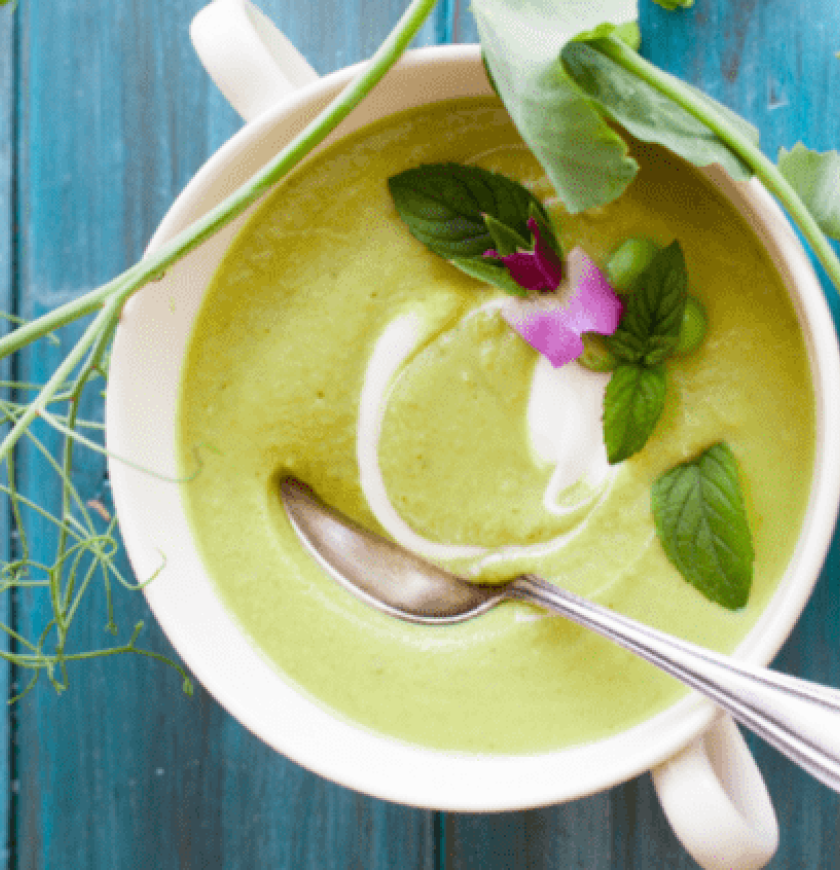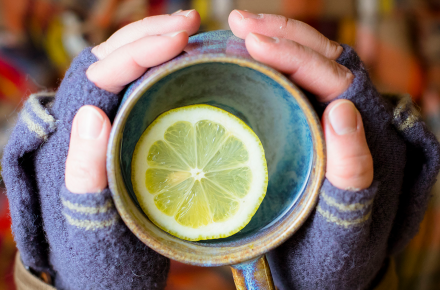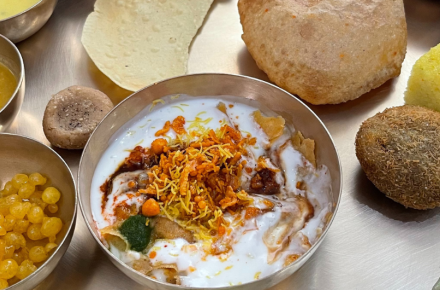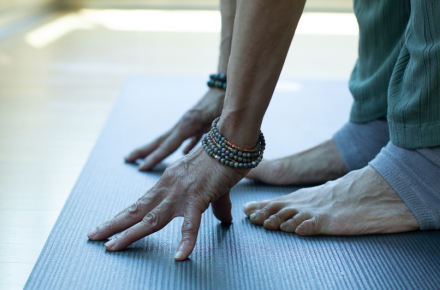Drinking Tea for Good Health
Tea gives one vigor of body, contentment of mind, and determination of purpose when taken over a long period of time. —Lu Yu, eighth-century tea scholar
Tea: There’s something almost magical about that infusion of earth and water. Tea’s origin is surrounded in myth, but its elevation to ceremony can be traced back to Lu Yu, who created the Ch’a Ching, or The Classic of Tea, in the eighth century. Lu Yu defined the preparation of tea, both in process and intention.
The reverence and serenity he brought to its consumption meshed with prevailing Taoist wisdom, which celebrates the details of life. Today, tea is one of the most widely consumed beverages on the planet, with many people and cultures ascribing to it benefits of tranquility and healing.
There is only one plant that officially produces tea: Camellia sinensis. This plant contains the buds and leaves that give us white, green, pu-erh, oolong and black teas. All other “teas” such as ginger, chamomile, and roobis are categorized as tisanes (tea-ZAHNS), a French word for herbal infusions.
From both the Western and Eastern perspectives, teas and infusions offer multiple benefits. Tea leaves contain compounds, called catechins, which have antioxidant properties, countering cell damage. “The drinks we choose certainly contribute to overall nutrition, and teas can be part of that healthful life,” says Annie B. Kay, Kripalu's former Lead Nutritionist. “Green and black tea have been shown to contain healthful phytonutrients like L-theanine, which can produce an alert but calm state, and catechins, which may offer anti-carcinogenic protection.”
Brewed infusions have lots to offer as well. “Teas are a phenomenal way to deliver the healing power of herbs to the body-mind complex,” says Erin Casperson, Dean of the Kripalu School of Ayurveda. “In Ayurveda, the tea selection will change with the season. Fennel tea is a great antidote to the heat of the summer, because fennel seeds are just the right blend of heating and cooling. When sipped before a meal, fennel tea helps to increase appetite and stimulate digestion. If you’re experiencing indigestion, sipping fennel seed tea will cool down the belly.”
Erin recommends preparing your own fennel tea by combining two teaspoons of whole fennel seeds and four cups (one quart) of water. Bring the mixture to a rolling boil, and then reduce it to a low boil for 15 minutes. Cool, strain through a Mason jar, and sip throughout the day. No ice cubes, though, if you’re adhering to Ayurvedic philosophy: Erin says, “Even though it’s hot outside, it’s still best to avoid iced teas in the summer. The main digestive fire that lives in the belly turns way down to regulate the overall body temperature. This leaves you with decreased appetite and decreased digestive strength.” Thus, it’s best to sip tea at room temperature.
Mindful sipping, also espoused in the Ch’a Ching, seems as organic to tea as the ingredients themselves. As we hold each fragrant and beguilingly colored brew, the connection to our senses invites us to focus on what is before us, bringing us deeper into the moment.
Like a comfortable sweater, tea can impart a sense of ease. The world spins a little more slowly and we breathe a little more deeply. Independent of any medicinal benefits, simply resting with that cup can impart a tremendous sense of well-being and vitality. Creating a personal ceremony around the preparation and consumption of your tea can reinforce the ritual of presence and the joy to be found in the details of life. Regularly connecting to such a mindset enables us to carry it forward, even after we come to the tea leaves at the bottom of our cup.
© Kripalu Center for Yoga & Health. All rights reserved. To request permission to reprint, please e-mail editor@kripalu.org.


















































